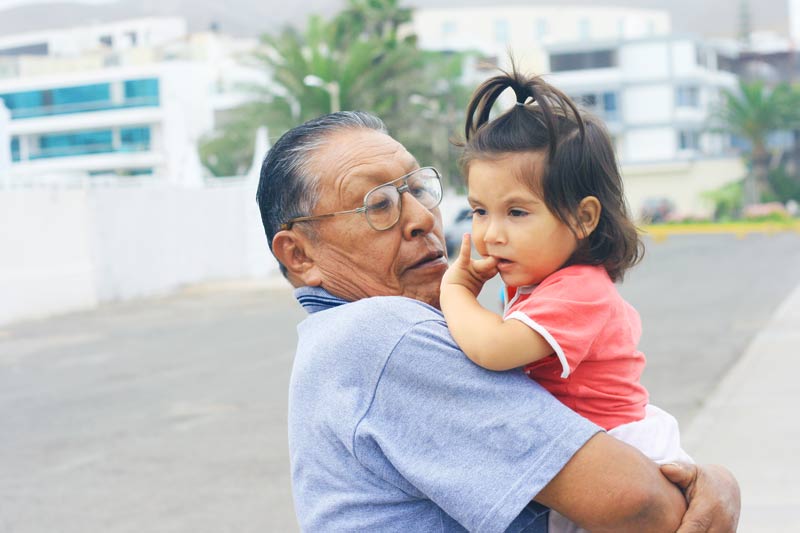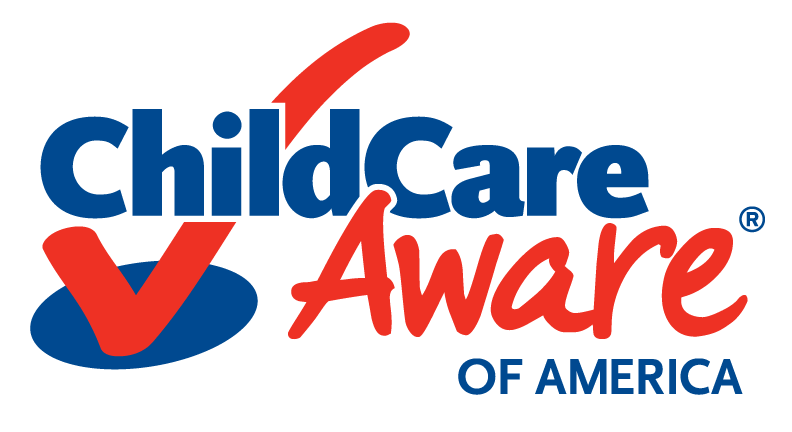

Update Feb. 6 – On Jan. 30, the Department of Homeland Security (DHS) announced that the new public charge rule will be effective as of Feb. 24, 2020, everywhere in the U.S. except Illinois, where a statewide preliminary injunction remains in place. This means that any green card applications that are postmarked or submitted electronically as of Feb. 24 will be subject to the new, broader public charge test. The DHS final rule only applies to immigrants who are applying for lawful permanent residency within the United States or who wish to apply in the future.
The following resources share more information on the rule for advocates, service providers and immigrant families:
- CLASP: The Final Public Charge Rule: Five Things Early Childhood Stakeholders Need to Know two-page fact sheet(updated January 31; Spanish version forthcoming)
- CLASP: The Final Public Charge Rule and Young Children: Q&A for in-depth explanation of the final rule (update in process)
- PIF Campaign: Public Charge: Does this apply to me? two-page fact sheet
- PIF Campaign: Should I keep my kids enrolled in health and nutrition programs? one-page fact sheet
- PIF Campaign: Know Your Rights! Public charge messages for community members
- Note: Translated materials are available on the PIF Know Your Rights page—additional translated materials should be posted by the end of the week.
You can also find free or low-cost immigration legal advocates in your community athttps://www.immigrationadvocates.org/nonprofit/legaldirectory/
Update Jan. 28 – On January 27, 2020, the U.S. Supreme Court set aside the preliminary injunctions that stopped the Department of Homeland Security (DHS) public charge rule from taking effect nationwide. This means that the public charge rule will be allowed to go into effect while litigation continues (except in Illinois where there is a statewide injunction). You can stay up-to-date using Protecting Immigrant Families’ resource, “Changes to Public Charge: Frequently Asked Questions,” and follow the ongoing litigation using the Public Charge Litigation Tracker.
As you may know, on August 14 the Department of Homeland Security posted a change to expand the scope of existing public charge rules. This change will allow the federal government to deny green cards to lawfully present immigrants who use, or are likely to use, Medicaid (with exceptions for children under 21 and pregnant women), SNAP, federal housing assistance and TANF cash benefits, effectively forcing them to choose between getting a green card or utilizing federal programs.
For the first time, being low-income, young (e.g. being a child under age 18), and having a medical condition are negative factors that could result in the denial of a green card. If litigation does not prevent the rule from taking effect, the policy change will officially begin on October 15. Thus far, at least six lawsuits have been filed to try and stop the rule from taking effect.
Given the complexity of this rule, Child Care Aware® of America wants to provide some clarity and resources for you.
First, we want to assure you that this rule change does not affect any form of child care assistance. This includes both CCDBG programs and TANF funds used for child care. School lunch programs, CHIP, and WIC are also unaffected by the rule.
Despite this, we know that this announcement and its media coverage have had a harmful, chilling effect on families, causing confusion and fear among many immigrant families. As a result, proactive outreach and education is crucial.
Related Resources on Immigration
- Protecting Immigrant Families: “Know Your Rights”
- Protecting Immigrant Families: “Changes to Public Charge: Frequently Asked Questions”
- U.S. Citizenship and Immigration Services: “Public Charge Fact Sheet”
- California’s Public Charge Resource Guide
- CLASP: “The Final Public Charge Rule and Young Children”
- Unidos: “What We Know About the Harms of Public Charge So Far”
- Public Charge Litigation Tracker
As always, our team at Child Care Aware® of America is here to support and partner with you as you serve your communities. We welcome your additional resources, ideas or supports. Please share them in the comments below to share them with the community.
{{cta(‘5528b35b-022c-4d62-bc5f-47631f53653a’)}}


